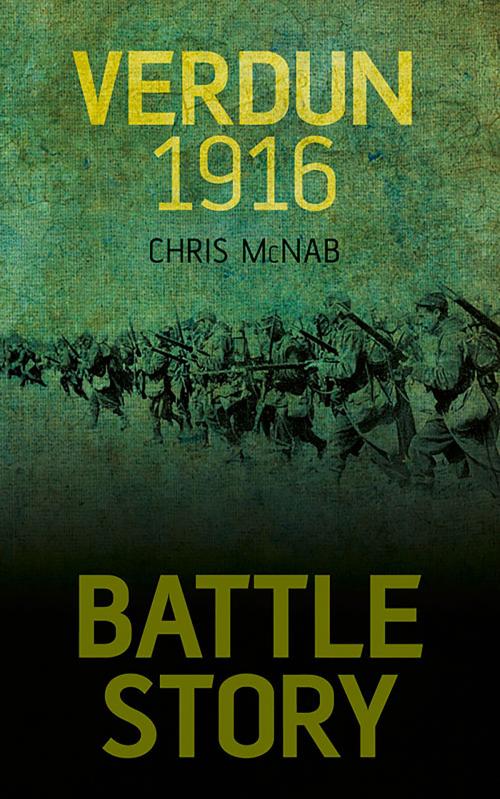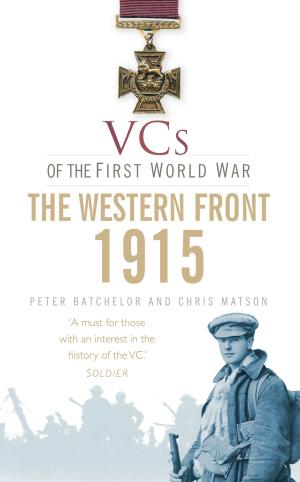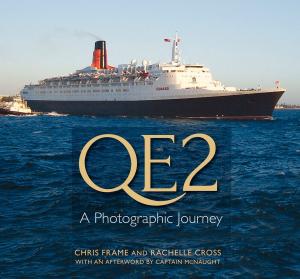| Author: | Chris McNab | ISBN: | 9780752492575 |
| Publisher: | The History Press | Publication: | March 1, 2013 |
| Imprint: | Spellmount Publishers Ltd | Language: | English |
| Author: | Chris McNab |
| ISBN: | 9780752492575 |
| Publisher: | The History Press |
| Publication: | March 1, 2013 |
| Imprint: | Spellmount Publishers Ltd |
| Language: | English |
The tale of one of the bloodiest engagements of World War IThe Battle of Verdun resulted in 698,000 deaths, 70,000 for each of the 10 months of battle. The French Army in the area were decimated and it is often most tragically remembered as the battle in which the French were "bled white." The fortress town of Verdun had stood against many attacks throughout history, but had been worn down by relentless German bombing during 1915 and 1916. However, it was a potent symbol of French resistance that the French Army was loathe to relinquish easily, and it was partly for this reason that the German Commander von Falkenhayn choose to launch a major offensive here. His attack commenced on February 21, with the Germans using shock troops and flamethrowers to clear the French trenches. Initially the fighting focused on Fort Douamont, which the Germans captured and the French tried to reclaim, however by June 1916 the Germans were pressing on the city itself and the Germans were exhausting their reserves. The French continued to fight valiantly, despite heavy losses and eventually rolled back German forces from the city. In the end it was a battle that saw much loss of life for little gain on either side.
The tale of one of the bloodiest engagements of World War IThe Battle of Verdun resulted in 698,000 deaths, 70,000 for each of the 10 months of battle. The French Army in the area were decimated and it is often most tragically remembered as the battle in which the French were "bled white." The fortress town of Verdun had stood against many attacks throughout history, but had been worn down by relentless German bombing during 1915 and 1916. However, it was a potent symbol of French resistance that the French Army was loathe to relinquish easily, and it was partly for this reason that the German Commander von Falkenhayn choose to launch a major offensive here. His attack commenced on February 21, with the Germans using shock troops and flamethrowers to clear the French trenches. Initially the fighting focused on Fort Douamont, which the Germans captured and the French tried to reclaim, however by June 1916 the Germans were pressing on the city itself and the Germans were exhausting their reserves. The French continued to fight valiantly, despite heavy losses and eventually rolled back German forces from the city. In the end it was a battle that saw much loss of life for little gain on either side.















